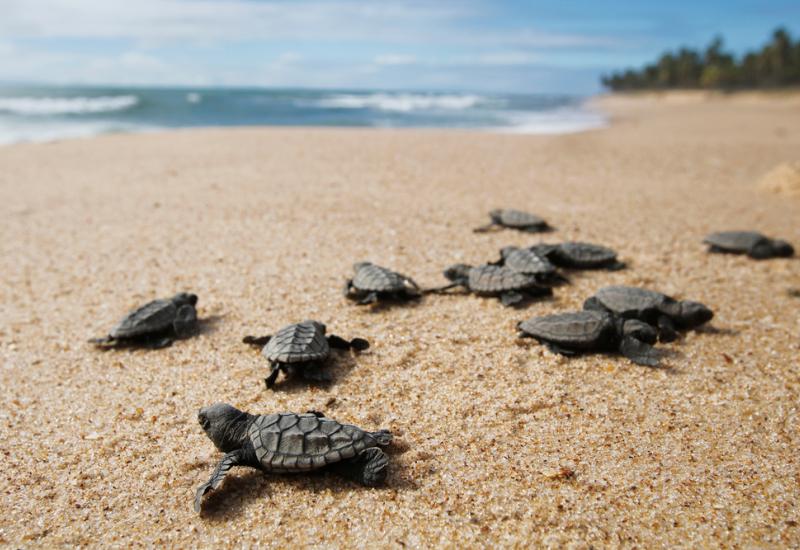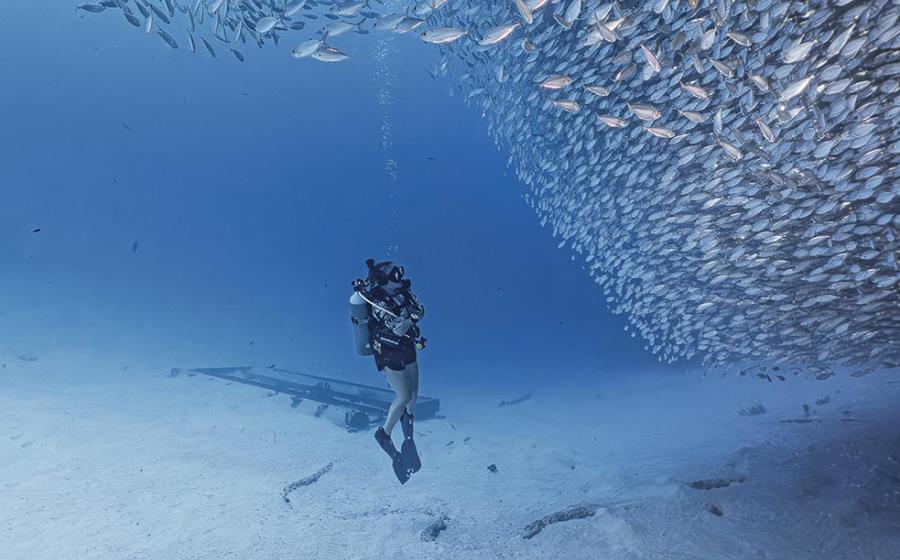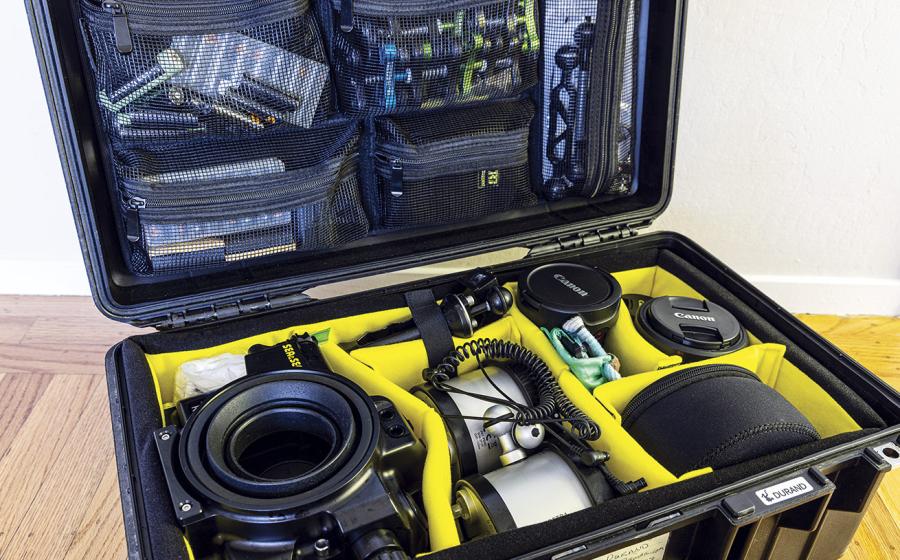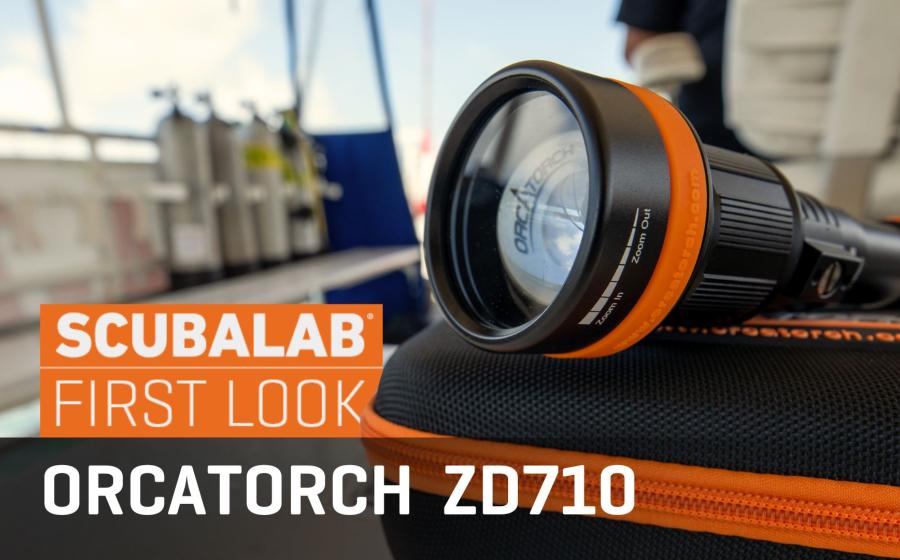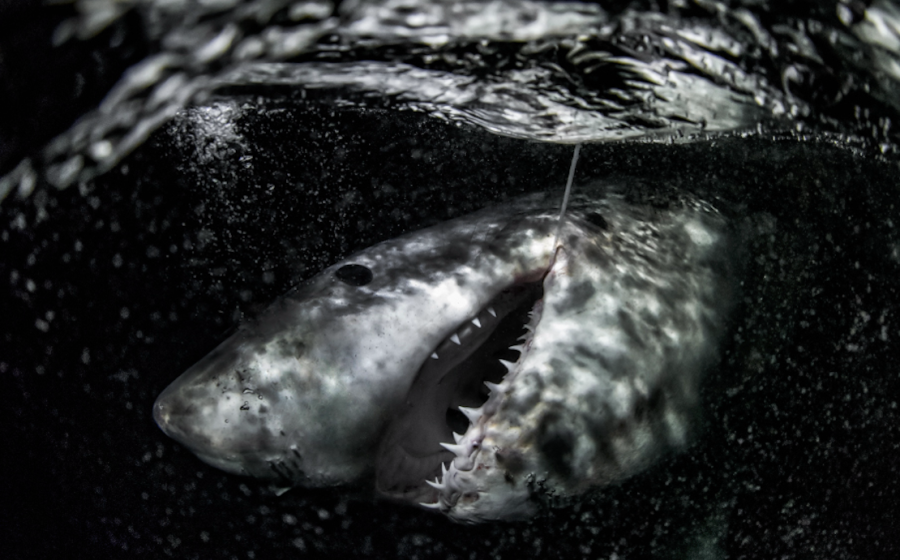A Marine Biologists Busts Common Ocean Myths
What are some commonly held beliefs about the ocean that aren't true? —Adam B., Wisconsin
Answer: Throughout history, there have been many large-scale public misunderstandings about the ocean. It’s laughable now to think that if you sail too far you might fall off the edge of the earth, or that sea monsters might devour your whole ship as soon as you lose sight of land. We have all heard of mythical creatures like mermaids (which do not exist), mythical places like Atlantis, or mythical properties of real places like the Bermuda Triangle. There’s also a misconception that the ocean is composed of several discreet bodies of water, when in reality it’s all connected.
There are plenty of misconceptions about animals like sharks—in reality they’re not bloodthirsty mindless killing machines, they do get cancer, and some species are capable of breathing without constantly swimming. Dolphins which are not cute and cuddly once you understand their behavior, they’re intelligent ruthless predators that sometimes engage in what would be called cruelty if a human did it. And despite what you may have heard, plastic straws are not the top threat to sea turtles, and straw bans based on this misinformation cause harm to humans.
Related Reading: What Are the Best Schools to Study Marine Biology?
However, there’s one long-standing misconception, held implicitly by many people and sometimes explicitly stated by governments and industries to excuse practices we now know to be harmful, that is a major problem to this day. That’s the idea that the ocean is so huge that nothing that humans can do to it will make a difference—that we can put anything we want into the ocean and take anything we want out of the ocean because it’s so big that we can’t possibly have any impact. Sadly, we now know that this isn’t true. It’s totally possible for us to take so many fish from the sea that populations, or even whole ecosystems and the coastal communities they support, can collapse. It’s totally possible for us to drive species to extinction. Fertilizer entering the ocean can cause massive dead zones or algal blooms that kill all the fish along vast tracts of coastline. And it’s even possible for us to change the very chemistry of the ocean so much that organisms literally dissolve.
Humans need to reconsider our relationship with the ocean, because we absolutely have the power to change things for the better…or for the worse.
Related Reading: Why Do Sea Turtles Return to the Same Beach?
Ask a Marine Biologist is a monthly column where Dr. David Shiffman answers your questions about the underwater world. Topics are chosen from reader-submitted queries as well as data from common internet searches. If you have a question you’d like answered in a future Ask a Marine Biologist column, or if you have a question about the answer given in this column, email Shiffman at [email protected] with subject line “Ask a marine biologist.”

Courtesy David ShiffmanDr. David Shiffman
Dr. David Shiffman is a marine conservation biologist specializing in the ecology and conservation of sharks. An award-winning public science educator, David has spoken to thousands of people around the world about marine biology and conservation and has bylines with the Washington Post, Scientific American, New Scientist, Gizmodo and more. Follow him on Twitter, Facebook and Instagram, where he’s always happy to answer any questions about sharks.
The views expressed in this article are those of David Shiffman, and not necessarily the views of Sport Diver or Scuba Diving magazines.



